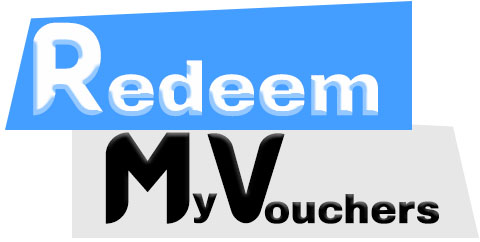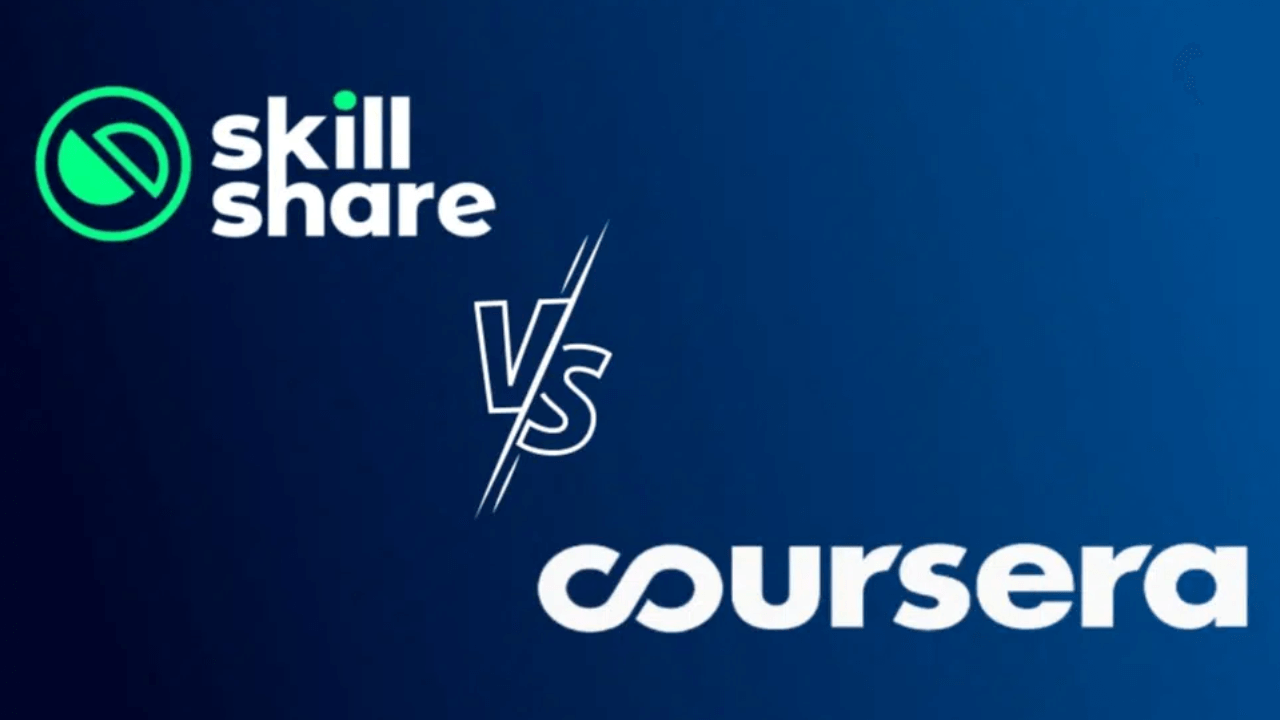Skillshare and Coursera are two popular online learning platforms that offer a wide range of courses and tutorials to help people learn and master new skills. While both platforms have unique advantages, choosing between them can be challenging.
This article will look at Skillshare vs. Coursera to determine which is better for learning new skills.
Skillshare Vs. Coursera
Course Selection
Skillshare and Coursera offer different types of courses that cater to different learning needs. Skillshare primarily offers creative courses such as graphic design, photography, and writing, while Coursera provides a broader range of subjects such as business, computer science, and social sciences. Skillshare's courses are often taught by industry experts and focus on hands-on, project-based learning.
In contrast, Coursera's courses are often taught by professors from top universities and follow a structured learning path. Coursera also offers the opportunity to earn certificates and degrees, while Skillshare does not. Ultimately, the choice between Skillshare and Coursera will depend on your learning needs and goals.
Learning Experience
Skillshare strongly focuses on community learning and provides a more interactive and engaging learning experience. Their classes are usually taught by industry experts who offer hands-on experience and feedback. Skillshare online courses are structured around projects so students can apply their newfound skills practically.
Coursera, on the other hand, provides a more traditional learning experience with lectures and assignments. Top universities and professors designed the courses so that students can expect high-quality content. While Coursera needs Skillshare's community aspect, it offers a more structured learning path.
ALSO READ: Is it Worth it to Join Skillshare?
Cost Comparison
Skillshare and Coursera have different pricing structures. Skillshare operates on a subscription model where users pay a monthly fee to access all courses. In contrast,
Coursera courses are usually free, but students can pay for a certificate or degree. Overall, Skillshare is the more affordable option for people who want to explore a range of creative skills. Coursera is better suited for those who want to take more structured courses and earn certificates or degrees.
Interactivity
Skillshare is known for its highly interactive courses that give students plenty of opportunities to connect and the instructor. The platform also allows students to collaborate on projects, providing a sense of community.
Coursera, on the other hand, could be more interactive, with most courses featuring pre-recorded lectures and quizzes. While some courses have discussion forums, the platform could focus more on community learning.
ALSO READ: Udemy Vs. Skillshare - Which Is The Better Option To Choose In 2023?
Skillshare vs. Coursera: Pros & Cons
Skillshare Pros:
- Affordable subscription pricing model: Skillshare operates on a subscription model, allowing users to access all courses for a low monthly fee. This makes it more affordable than many other online learning platforms that charge per course.
- Wide range of creative courses offered: Skillshare focuses on creative courses such as graphic design, photography, and writing, making it an excellent option for those seeking new creative skills.
- Interactive and community-focused learning experience: Skillshare's highly interactive courses provide plenty of opportunities to connect with other learners and the instructor. This creates a more engaging and community-focused learning experience.
- Quality instructors who are industry experts: Skillshare's instructors are industry experts who have practical experience in their fields. This means learners can benefit from real-world knowledge and insights from people who have succeeded in their professions.
- Access to an extensive network of creators and freelancers: Skillshare has a large network of creators and freelancers who use the platform to connect and collaborate on projects.
Skillshare Cons:
- Limited course offerings outside creative fields: Skillshare's courses focus primarily on creative fields, so it may not be the best option for people looking to learn skills in other areas.
- No official certificates or degrees are offered: Skillshare does not provide them, which may disadvantage people looking to earn credentials to advance their careers.
- Quality of courses can vary greatly: Since anyone can create and publish a course on Skillshare, the quality of courses can vary greatly. It's essential to read reviews and research before enrolling in a course.
- Lack of structure in courses and learning paths: Skillshare's courses do not follow a structured learning path, which may make it challenging for learners to know what to take next to build upon their skills.
- No free trial offered: Skillshare does not provide a free trial, so learners must pay to access the courses.
Coursera Pros:
- Access to courses from top universities and professors: Coursera partners with top universities and professors to offer a wide range of courses. This provides learners access to the high-quality education they may not have otherwise had access to.
- Wide range of subjects and courses offered: Coursera's courses cover a wide range of subjects, including business, computer science, and social sciences.
- Ability to earn certificates and degrees: Coursera offers the opportunity to earn certificates and degrees, which can be a valuable credentials for career advancement.
- Structured learning paths and schedules: Coursera's courses follow a structured learning path, which provides learners with a clear understanding of what they need to do to progress through the course and build upon their skills.
- Many courses are free: Coursera offers many free classes, making them accessible to learners who may not have the financial resources to pay for lessons.
Coursera Cons:
- Higher cost for certificates and degrees: While many courses on Coursera are free, the cost of earning a certificate or degree can be higher than other online learning platforms.
- Less interactive and community-focused learning experience: Coursera's courses are less interactive than Skillshare's courses, providing fewer opportunities to connect with other learners and the instructor.
- Limited interaction with instructors and peers: While Coursera courses offer a structured learning path, there may be limited interaction with instructors and peers due to the many students enrolled in the courses.
- Limited access to course materials after course completion: Access to course materials may be limited after completion of the course, which may be a disadvantage for learners who wish to revisit the material for future reference.
UP NEXT: Udemy Vs Coursera: Which One Is Superior?
Conclusion
In summary, Skillshare and Coursera offer various courses and tutorials to help people learn new skills. Skillshare suits people seeking a more creative and interactive learning experience. At the same time, Coursera is better suited for those who want a more traditional, structured learning path with the option to earn certificates or degrees. Ultimately, the choice between Skillshare vs. Coursera will depend on your learning needs and goals.
FAQS
What types of courses are offered on Skillshare vs. Coursera?
Skillshare offers primarily creative courses such as graphic design, photography, and video production, while Coursera offers a wide range of subjects, including business, computer science, and social sciences.
What is the cost structure for Skillshare vs. Coursera?
Skillshare operates on a subscription model where users pay a monthly fee to access all courses. In contrast, Coursera courses are usually free, but students can pay for a certificate or degree.
How interactive are the courses on Skillshare vs. Coursera?
Skillshare courses are highly interactive and allow students to connect and the instructor. Coursera courses, on the other hand, are less interactive, with most featuring pre-recorded lectures and quizzes.
What is Skillshare vs. Coursera's focus on a learning experience?
Skillshare provides a more creative and community-focused learning experience, while Coursera offers a more traditional, structured learning path with the option to earn certificates or degrees.
Which platform, Skillshare or Coursera, is better for someone looking to earn certificates or degrees?
Coursera is better suited for someone looking to earn certificates or degrees, while Skillshare is better suited for people looking for a more creative and interactive learning experience.







.png)